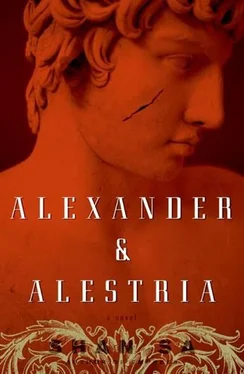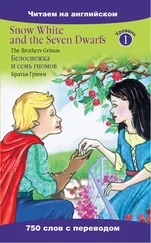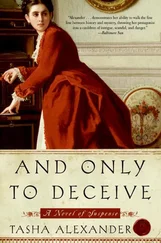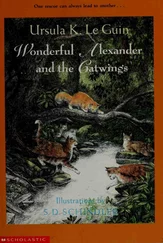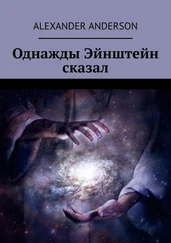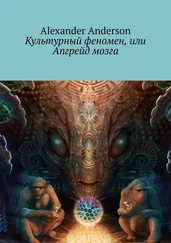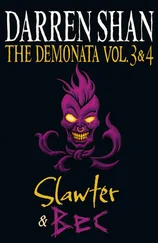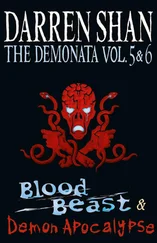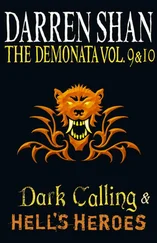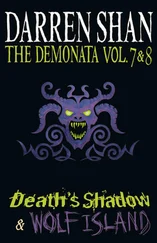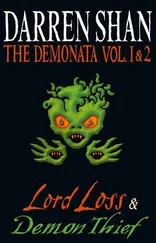All of a sudden I was aware of a man's singing above the rustling grass, at first indistinct and then loud and clear. The outline of a horseman etched itself against the moon as it sank toward the earth. Although I did not understand the words, I grasped their meaning: he was singing of love, its intoxicating pleasures and its pain.
Talestria shuddered. Why that shudder? Had they met the year before? Had they exchanged sweet nothings? Had they promised each other this night of love beside the river? Talestria, my queen, had she forgotten our battles with those men who loomed on the horizon, come to steal our sheep and massacre us? Had she forgotten those hostile horsemen and their obsessive desire to catch us and use our bellies to bring forth still more valiant warriors of the steppes? Talestria had schemed, lied, and cajoled to appease hostilities, to ensure their support and evade their traps. For our survival she had lowered her proud forehead before their powerful chiefs. She had led us into war when the peace fell apart. Why should my queen-who was impregnable to emotion or fear-be shaking so this evening?
Who was this man who could imitate the dawn chorus? Why did his voice carve through my heart and reduce me to tears? He rode toward Talestria with his stallion's head lowered in a submissive stance. The white feathers on his helmet quivered in the wind.
The stallion suddenly reared up, and the horseman swooped down on my queen, holding a stick armed with long spines in his hand. Talestria tugged at her mare's bridle, and the two horses brushed past each other. She held his stick firm with the spiked bludgeon in her left hand while, with one swift twist of the crescent-shaped blade in her right hand, she sliced off his head.
Talestria wiped her weapons and put them back into her belt. She set off without a backward glance. The horseman's torso slipped from his steed and slumped to the ground. Blood sprang from his gaping neck and formed a stream tenderly watering the steppe. Soon wolves drawn by the smell would come and tussle over the corpse. Then crows and scavengers would pick the skeleton clean. Flies would lick up the last vestiges of sun-dried blood. Talestria had been the faster. Talestria, queen of the Amazons, was a better warrior than any man who wanted her as his trophy. Such is the law of the steppes. The strong grow stronger once they have overcome weakness. The weak have to hide or perish.
The sun circled in the sky and the moon was growing more slender. We collected two newborn girls and exchanged a mare for three young slave girls. Once the little ones were strapped to our backs, we set off at a gallop for the ends of the earth.
"Never love an Amazon," children sang as they ran through the tall grass while their parents dismantled their tents and herded their sheep together. "They kill those who love them best…"
Armed with lances, masked with leather blinkers and covered in armor, the horses charged. They collided, breast to breast, their legs clashing together; they reared up and trampled fallen soldiers. Their manes scattered showers of blood. The men's shouts mingled with the frantic whinnies of their mounts as they fell, never again to rise to their hooves. Arrows whistled through the air. Lances, shields, bludgeons, tridents, axes, and iron whips gleamed. Wherever a weapon flashed, blood sprang forth, organs spilled, limbs and heads fell. The smell of sweat, blood, and excrement was suffocating. I could no longer hear the drum roll. I could no longer make out the sun through the haze of white dust. I lost track of time. I was stepping into that eternity where men are reduced to incandescent patches, luminous halos. There was a hot liquid running over my face, a barbed whip had just ripped a piece of flesh from my thigh, an arrow had buried itself in my left side, the sharpened blade of a dagger had cut my arm to the bone. A heavy weapon struck me on the nape of the neck, and I staggered. That moment I knew my god had abandoned me. He had abandoned me to my own fate, to the Persian warriors who were still hurling themselves at me. I had to make the choice alone: to wake up or close my eyes, to let myself be carried off by the sweet torpor or to return to the horror and the shouting. Suddenly I could sense death breathing over me, hear its lascivious whispering. It wrapped me in its arms and rolled out a smooth calm road before me, stretching to the horizon. I don't want its monotonous peace! I don't want that bland gray, that platitude and inertia! Give me life in all its color and madness! Give me copulation and galloping horses and warfare! My body felt all its pain again. Strength returned, and with it the terrifying grimaces of the men around me, the froth on the horses' mouths. I brandished my sword. My standards followed its lead and advanced slowly but surely toward the east.
Darius, the Great King of Persia, had come to meet me, intending to crush me with an army of one hundred thousand men. His elephants and camels, his barbarian foot soldiers and armored cavalries, had filled the valleys and spread out across the plain. Confronted with this unprecedented deployment of troops, I opted for the strategy of exhaustion. The number three is perfection, while nine possesses the magic of infinity. I constrained Darius to a long duel of three cycles, each of which would be divided into three battles.
During the first cycle the enemy were more numerous, but Alexander's phalanxes were very disciplined. The Persians, who had believed they were invincible until then, were impressed by the temerity of my troops. The second cycle was a succession of badgering skirmishes. Trapped in its rigid formations, the Persian army was unable to defend itself from my cavalry's repeated surprise attacks. In the third cycle I ordered my battalions to lose. As soon as the Persians drew near, our soldiers had to throw down their arms and flee. To flatter Darius, I myself pretended to run in fear, leaving behind my golden helmet, which the Persians swiftly carried back to their king as a trophy.
The weather was magnificent on the day of the ninth engagement, but since dawn we could smell rain in the air. I reviewed my troops on horseback, riding a mount very like Bucephalus, who had succumbed to his wounds. No one had noticed the substitution. Everything around me had to contribute to the myth of an indestructible Alexander. I had manipulated certain elements to ensure that Apollo gave us a message of victory. On that decisive day I needed the complicity of this god, who was often silent in the face of my doubts and weaknesses.
Above the emaciated faces and wounded bodies of my troops I saw my standards floating in the wind. To the death, soldiers! Or to all the gold in the East! Life is so short; tomorrow, rubies and sapphires, velvet sheets and beautiful slave girls, will be ours! Let us take the spices and palaces and sumptuous feasts of conquerors! The arrows strike only cowards and spare the brave! The blood we lose makes us stronger; a severed arm, a gouged eye, only makes us all the more courageous! To battle, my men! If you die, you shall go home to rest; if you live, you shall sleep in Babylon!
From the top of the hill I watched the two armies throw themselves at each other like two great waves. My two look-alikes, each escorted by a commander's standard-bearer, fled in opposite directions. The Persian troops immediately followed them in the hopes of looting weapons, helmets, and saddles. Then, disguised as a lowly soldier, I rode down the hill with a cavalry detachment in light armor and sped to the rear of the Persian army, where Darius had his headquarters.
I confronted the showers of arrows with my eyes open. In our galloping frenzy, I grew taller, and death receded. Stupefied by the extraordinary phenomenon of a warrior who would not die, the barbarians believed I was the manifestation of a god. They threw down their arms and began to flee. Darius, the master of the Persian universe who had grown up in the suave luxury of oriental palaces surrounded by women and eunuchs, Darius, the demigod who had never wielded a weapon, was terrified by the war cries drawing closer to him. He lost any desire to fight and fled with his personal guard.
Читать дальше
